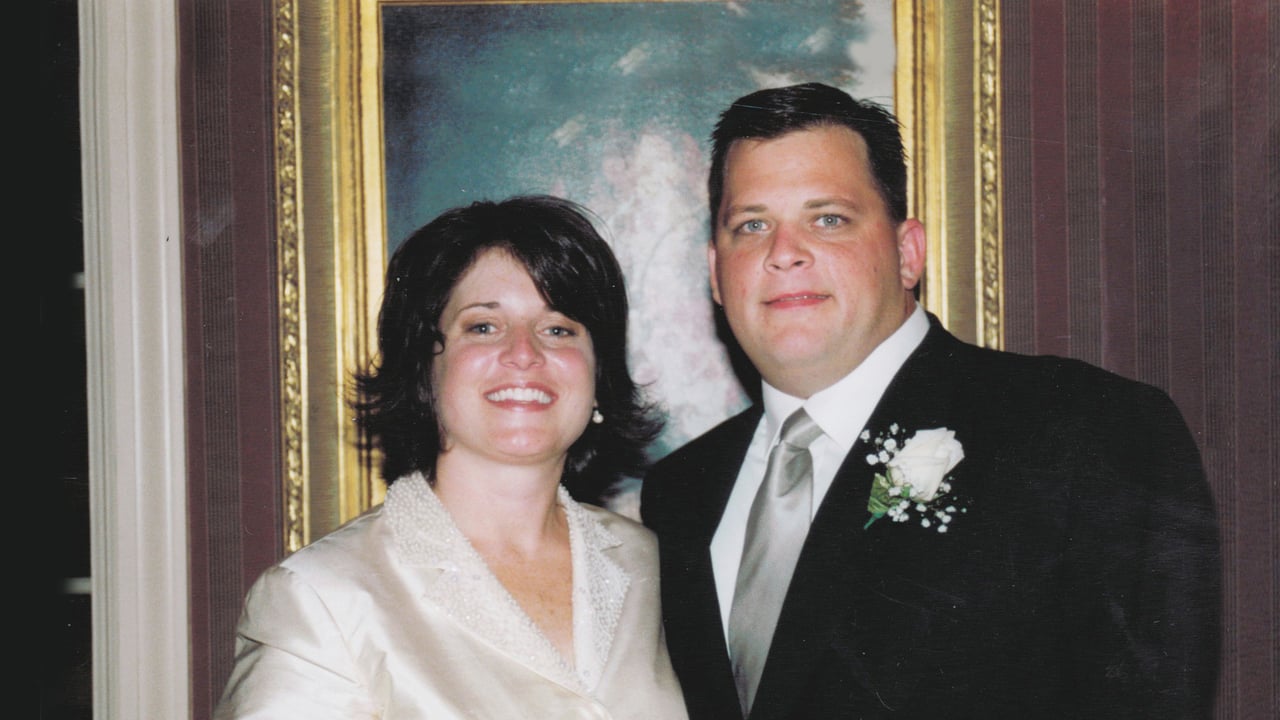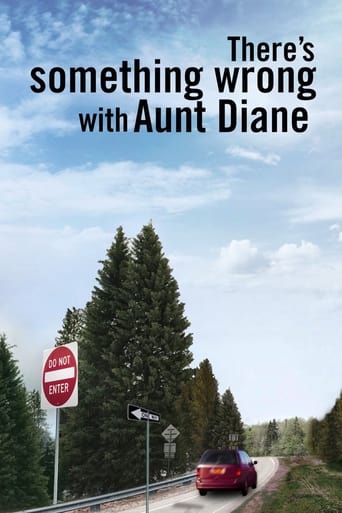mr_deadly
This documentary is about a tragic accident, and the quest to find a satisfactory explanation for that accident. What it reveals is the remarkable human capacity for self-deception and denial, especially when confronted with a reality that is too painful to accept.The Aunt Diane of the title, perhaps due to the pain of an abscessed tooth, uncharacteristically consumed a significant amount of alcohol and pot, leading to a horrendous accident that killed eight people, including herself. The documentary is about the difficulty her husband and sister-in-law have in accepting this reality.An otherwise nice and responsible person, possibly suffering intense pain, impulsively and uncharacteristically made a really stupid decision to self-medicate, and the result was multiple deaths.It really isn't fair, and I can understand why it is difficult for her family to accept. How can one dumb decision destroy so many lives? It is intensely frustrating and unsatisfying, but sometimes that's reality.Diane's family reminds me of people who refuse to believe that JFK could be gunned down by one random guy named Oswald, or those who refuse to believe that 19 hijackers could use some box-openers and turn the world upside-down on 9/11. The causation is inadequate to the effect emotionally--it feels lopsided. So people often start to look for conspiracies and 'deeper' explanations, rather than accepting the simple, savage truth: sometimes small decisions can result in wildly disproportionate and tragic consequences.
Moviegoer19
I eagerly watched "Aunt Diane" because the story has troubled and fascinated me since it happened. As a psychotherapist (LCSW) and writer, I am often attracted to psychological events that are in some way out of the ordinary and involve something highly unexpected. In this case, besides the obvious emotional magnets, the hook is the seemingly straight-laced Super Mom who drives like a demon under the influence of not only alcohol, but pot too, and as a result, kills eight people, including herself. Really tragic, and begging for an explanation.Unfortunately, this documentary doesn't provide it, though it does give some good hints and clues. Watching this film confirmed what I have thought all along: the real criminal in this picture is not the female D. Schuler; rather, it's the male: Daniel. My theory prior to watching this was that Diane left the campground that morning angry. Was she consciously angry that Daniel got to drive off alone,(er,with the family dog) while she got to take the five kids for breakfast and then take the three girls home to her brother and sister-in-law's house? Maybe not, but then, as the documentary shines light on, Diane was bursting with a lot of unrealized and unexpressed anger, starting twenty seven years ago when, at the age of nine, her mother took off, leaving Diane (the only girl) in charge of her brothers and father.As Daniel's mother so aptly described, Diane had more of a third child in Daniel than a husband or partner. Perhaps Diane did what many of us unwittingly do so well: she chose a mate who helped to recreate her role in her original family. It's not wildly improbable to assume that beneath the facade of the happy, in-charge, in-control woman was someone who was seething with unexpressed frustration and anger, which in turn made her prone to psychosomatic problems, such as TMJ, which was alluded to (moving her jaw, pain near the ear) in the film, perhaps headaches, and/or other stress-related pains and bothersome conditions.One of these conditions likely caused her to stop and seek pain killers, and then, given their unavailability, had Diane turn to vodka and pot, to soothe both her physical and psychic pain. I highly doubt that Diane used these extensively on a regular basis, for, as her friends and relatives described, she functioned too well. She did, however, like to have them on hand, for emergencies such as how she felt that morning: incapacitated by both headache and rage.Another clue suggested by the film was when Jay Schuler casually mentions that Daniel never wanted kids. This is a big, red flag, suggesting to me that on all these happy, festive family events, not to mention in the family activities of their daily lives, Daniel was an unwilling participant. Yes, he was present and he did the perfunctory actions, but ultimately, in the end, he went off on his own (emotionally if not literally) leaving Diane with most of the work.The other enlightening thing that Jay Schuler said was when, about three quarters of the way through the film, she is seen throwing up her hands and talking about Daniel, saying, basically, what a pain-in-the-butt he could be, how he only went so far in a process and then essentially said he had had enough, and also, about his insensitivity toward both her and Bryan, his son. Out loud, I said, "Yeah, imagine how Diane must have felt." There are other psychological pieces which could be addressed but in another venue. As part of a film review, however, I think it's fair to say that the film contributed information which, for me, solidified the opinion I have had since that day two years ago: if there is a real villain in this story, it is Daniel. He is the passive aggressive, disturbed child-man who is not interested in the truth coming out about what happened because that would indict him. I think this is one of the reasons, at least, that the Hances declined participation in the film. Besides their own emotional reasons why they didn't want to appear in it, they may also not want to publicly state certain things, though given the legal actions that are currently taking place, I suspect the truth will soon be known.

